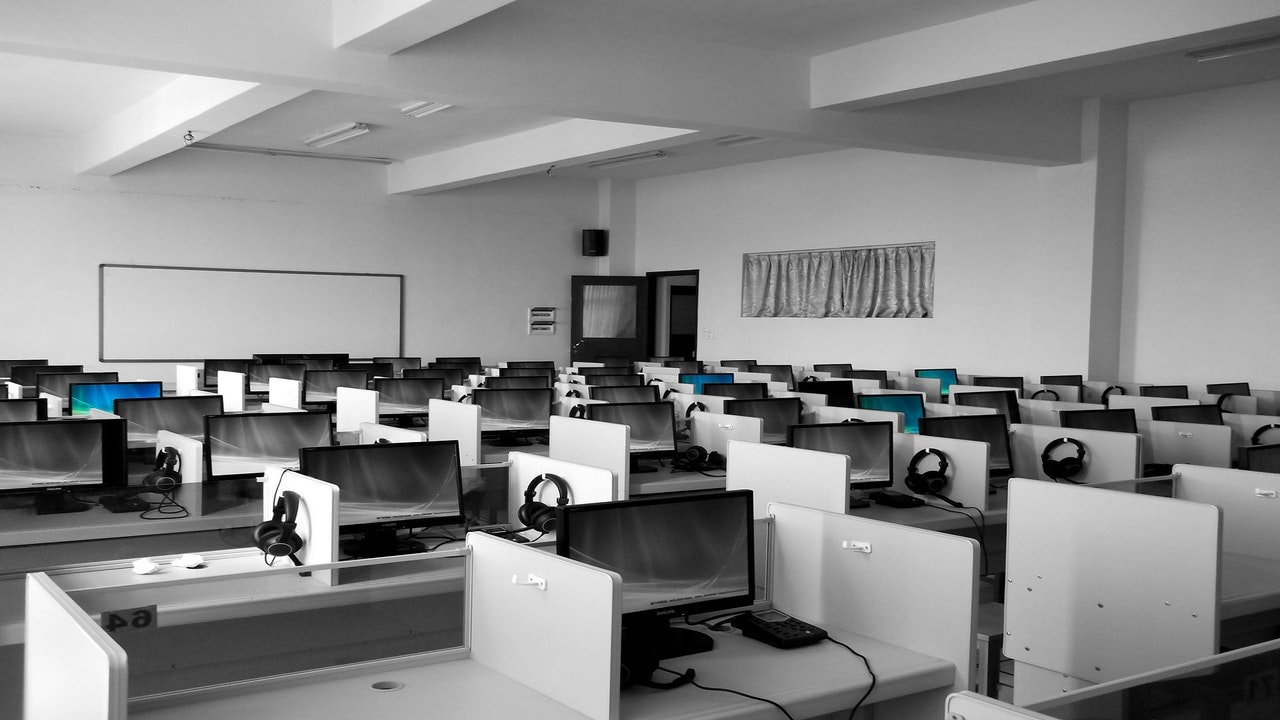Malta’s commercial office space market has experienced a significant downturn over the last years, with prices down 11 per cent from their 2019 high. However, while many have put the blame squarely on the work-from-home phenomenon that was kickstarted during the pandemic, a new study finds scant evidence for this.
More impactful, claim the report’s authors, who base their conclusions on extensive conversations with companies from all the major economic sectors active in Malta, is the huge investments poured into the sector by developers who sensed something of a gold rush during Malta’s remarkable economic boom during the late 2010s.
This created an oversupply of office space that has depressed prices and left older office blocks empty, leading to suggestions that such buildings could be converted into residential accommodation.
While companies reducing their office space due to teleworking arrangements proved a rare find, however, the report does acknowledge there was robust growth in employment seen over the period, “which has not been matched by demand, despite continued strong growth in employment, which could indicate that job creation in sectors that usually demand office space may contain a higher element of telework.”
The findings emerge from the Central Bank of Malta’s latest Business Dialogue, which derives from contacts with Malta-based companies between April and June 2024.
The section on telework and its impact on firms’ demand for office space was prepared by principal economist Warren Deguara and economists Martina Cassar and Demi Mock, all hailing from the bank’s Economic Projections and Conjunctural Analysis Office.
The authors note that although telework arrangements declined from their peak of 14.8 per cent in the pandemic years of 2020 and 2021 to 11.5 per cent in 2023, they remained well above pre-pandemic levels (6.1 per cent in 2019).
Looking at services sector, the conclusion was that telework had limited impact on office space needs, with many employees preferring to work on-site or having roles that do not allow for remote work, especially when they were involved in contact-intensive sectors or operations.
Nonetheless, a few firms, such as those in audit and consultancy and gaming, successfully reduced their use of office space through hybrid work arrangements.
“For instance, companies mentioned using telework as a cost-cutting measure, allowing employees to work from home two days a week, which lessened their office space requirements,” reads the report.
“Conversely, sub-sectors like accommodation and hospitality saw minimal potential for teleworking.”
The wholesale and retail, manufacturing and construction sectors also had minimal to no impact on their office space needs from telework, due to the nature of their work and of their premises, which tend to have administrative offices alongside plants, yards and stores.
However, the real estate sector was “significantly impacted” by a shift in demand, with many companies that had invested in office spaces for leasing purposes finding it challenging to rent out these spaces.
Therefore, the views of those directly involved in the leasing of office space “appear to contrast the replies obtained from companies themselves,” the authors say
“Real estate professionals have stressed that the commercial segment has slowed down, attributing this to both an oversupply and the pandemic-induced shift in working patterns. Contacts in this sector highlighted that investments made by developers in recent years have led to a significant surplus in office space, which has not been matched by demand, despite continued strong growth in employment, which could indicate that job creation in sectors that usually demand office space may contain a higher element of telework.
“Company replies also hint that teleworking has allowed some firms to tap into a larger pool of labour supply by hiring workers that offer services from overseas. Should this practice become more widespread, it could have more significant consequences on the demand for office space.”
Two years since its birth, Moneybase features on Microsoft’s Customer Stories
Moneybase has now just been featured on Microsoft’s latest Customer Stories
Finance Minister confirms continuity of food and energy subsidies
Spending on food and energy subsidies as a percentage of the GDP will be at 0.7% in 2025
MHRA congratulates Glenn Micallef on EU role, highlights positive impact on Malta’s tourism and cultural sectors
The lobby group emphasised that Malta’s cultural assets and sports scene are key factors in attracting visitors and fostering economic ...






